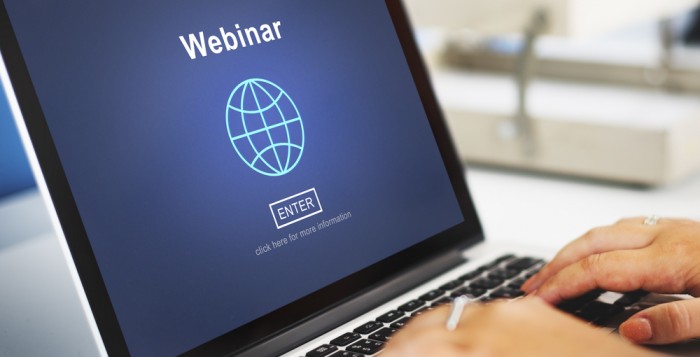The Pennsylvania Department of Human Services’ Office of Mental Health and Substance Abuse Services (OMHSAS) will be holding a quarterly public meeting on January 14, 2025, for anyone interested in discussing the topic of peer support services (PSS) while working in the mental health field. These meetings will provide a regularly scheduled opportunity for OMHSAS representatives to provide PSS updates and information as well as answer questions and obtain essential insight and feedback from stakeholders.
The quarterly meeting will be held on January 14, 2025, at 10:00 am – 11:00 am. The Microsoft TEAMS Meeting link for this meeting can be found below. OMHSAS will continue to send the meeting invitation to include the meeting link and an agenda in advance. This information will continue to be sent via the OMHSAS listserv.
TEAMS MEETING INFORMATION:
Microsoft Teams Need help?
Join the meeting now
Meeting ID: 223 156 162 141
Passcode: QkkY9M
Dial in by phone
+1 267-332-8737,,482893574# United States, Philadelphia
Find a local number
Phone conference ID: 482 893 574#
Please reach out to RCPA COO and Mental Health Policy Director Jim Sharp with any questions.

















